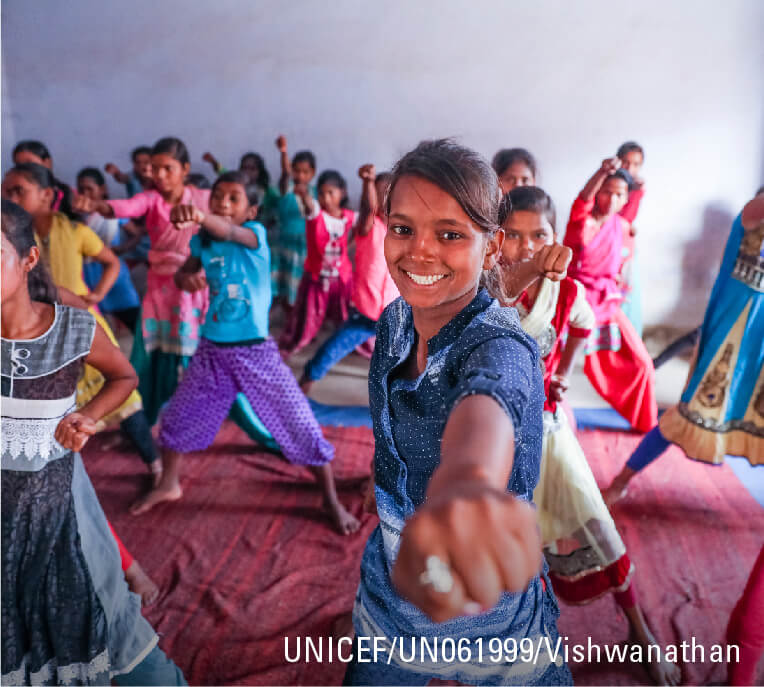
Institutional care refers to the care, protection, rehabilitation and social reintegration of children in difficult and vulnerable circumstances in an institutional setting under the guidance and supervision of child care professionals whose actions are governed by the standards as prescribed by the law of the land. The Juvenile Justice Act 2015 sets standards of care and protection for children for different types of child care institutions. It is important to note that the focus of child care in India as well as in many countries across the world has shifted from institutional to family or community-based child care, as is recommended by international instruments on child care and researches on the issue. This change in approach is reflected in India’s National Policy for Children 2013, which has identified one of its key priorities as ensuring a range of care options that are non-institutional, family-based and community-based. (Standards of Care in Child Care Institutions, Udayan Care and UNICEF India Country Office, 2016)
RESOURCES
-
Transitioning Children from Institutional Care towards Family-Based Care
Shweta Gupta, Pritam Prasun, Richa Tyagi, 2023The present study looks into the nature of transition across three childcare institutions (CCI) in India. Children in these CCIs were taken through a systematic case management process. The case management process referred to JJA tools of the individual care plan (ICP), social investigation report (SIR) complemented with Thrive Scale™, the THRIVE methodology. It is important to note that this was the time of the COVID-19 pandemic, which made it challenging to implement the standard case management process and allowed Miracle Foundation India to evolve the approach of expedited case management to meet the requisite goal of safe and permanent reintegration of children.
-
Reinstating Hope: Insights from CINI's Model of Family Reunification
Child in Need Institute, 2022The CINI Method has been distilled out of nearly 50 years of practice with deprived communities, within the framework of international forward-looking thinking. It provides a methodological model to promote the adoption of a child rights-based approach to programming for children involving primary duty-bearers in the government, service provision and the family. Through this unique methodology, CINI provides preventive and participatory responses integrating interventions in the core areas of health, nutrition, education and child protection.
-
Assessment of Strategies to develop Resilience in Children in a Residential Child Care Model of India
Gurneet Kalra, Anna D. Bartuska, Kiran Modi, Michael Belden, Sumedha Ariely, 2022This study investigates a longitudinal 5-year sample of 121 children without parental care, living in group residential homes, Udayan Ghars, established by Udayan Care, a non-profit organisation based in India. The participant population, like most children without parental care, has experienced tremendous adversities, ranging from death in the family and abuse to extreme financial and social insecurity.